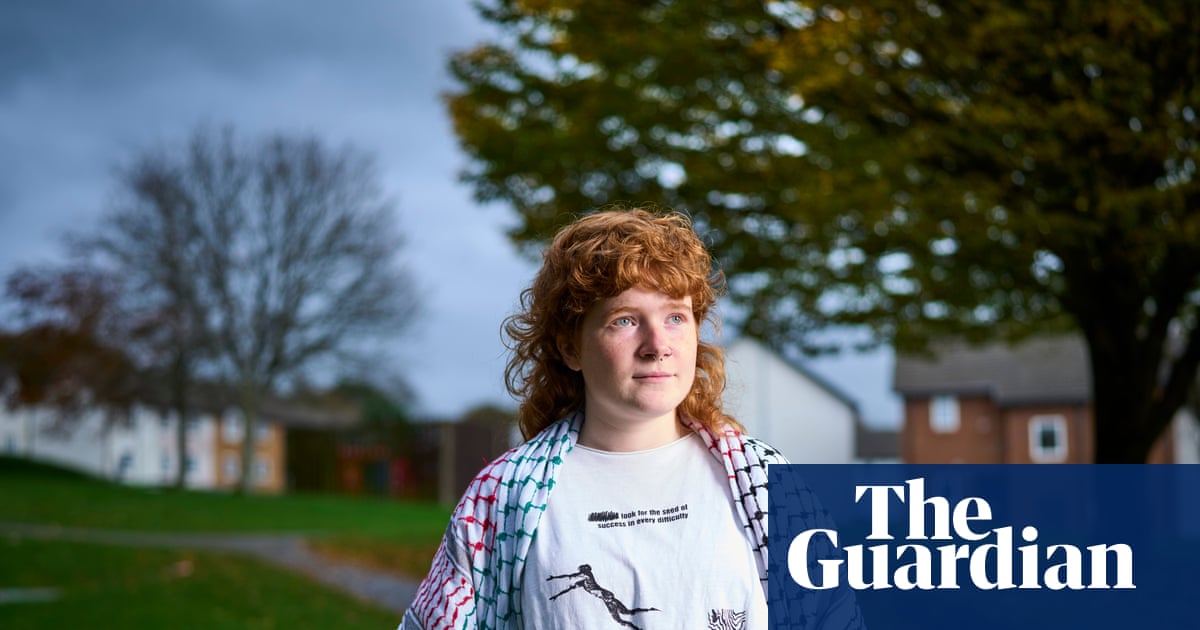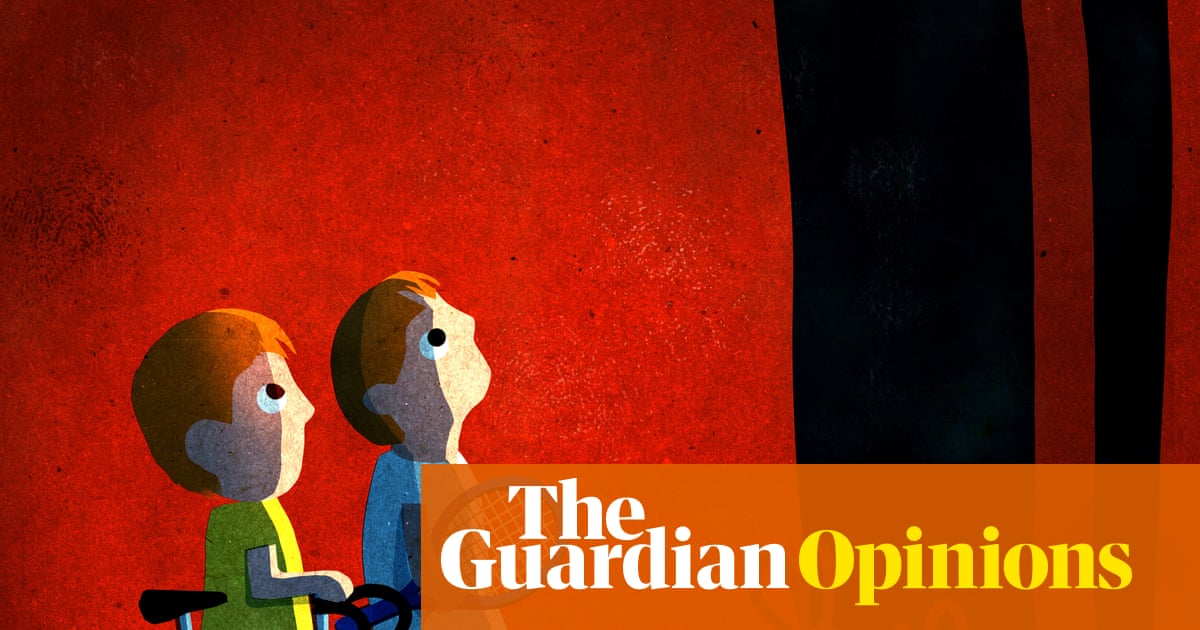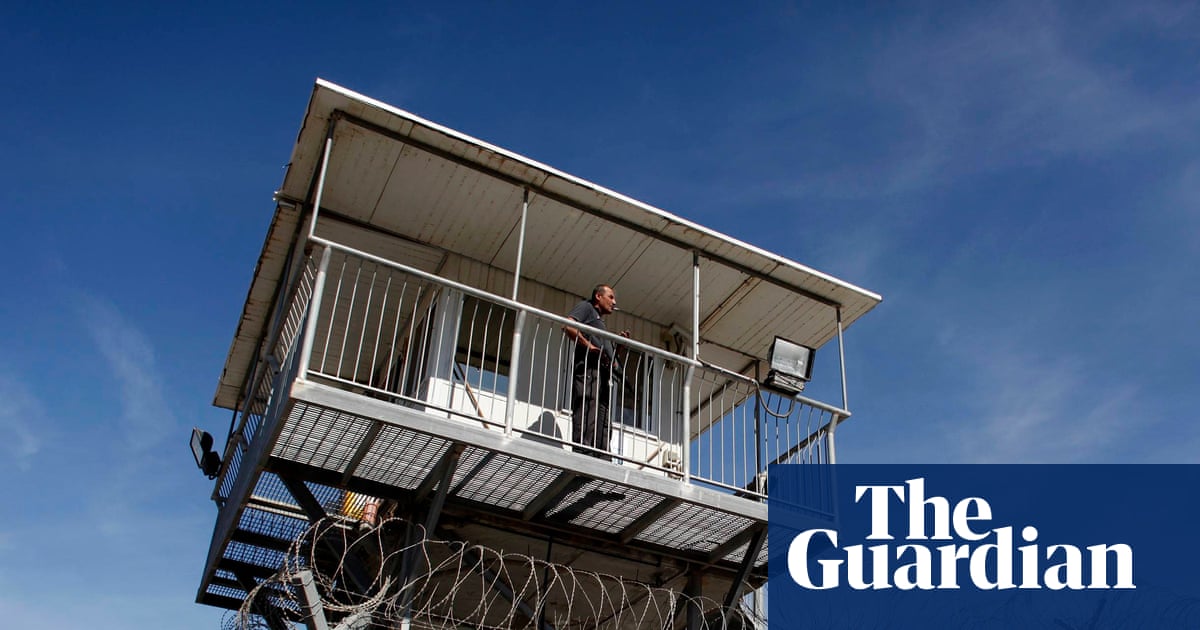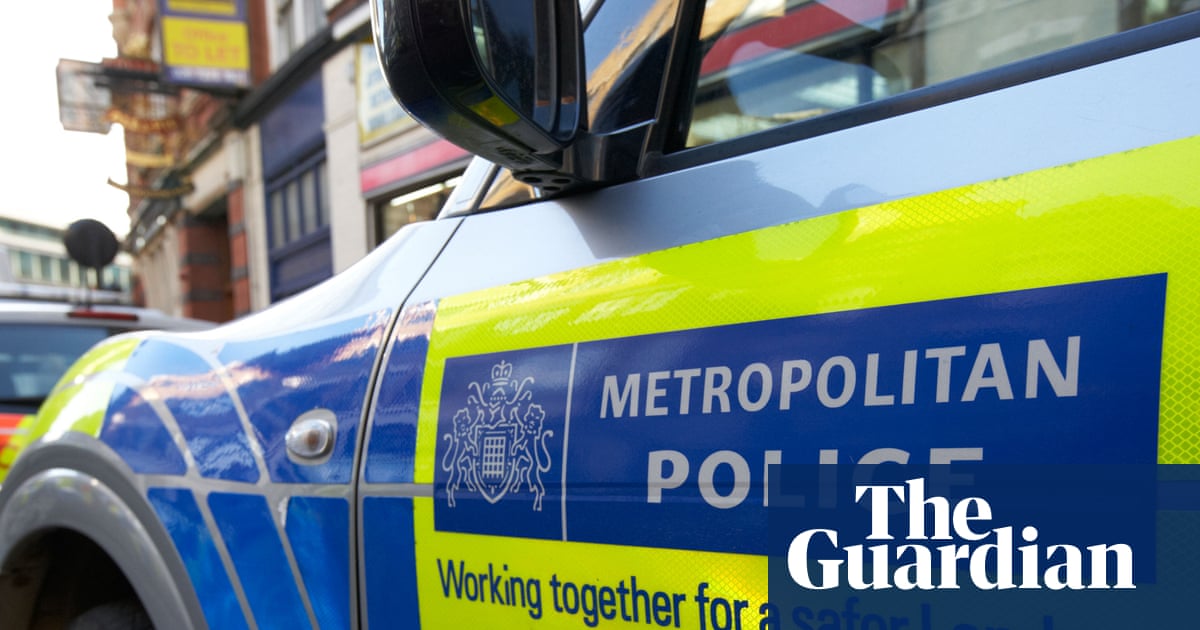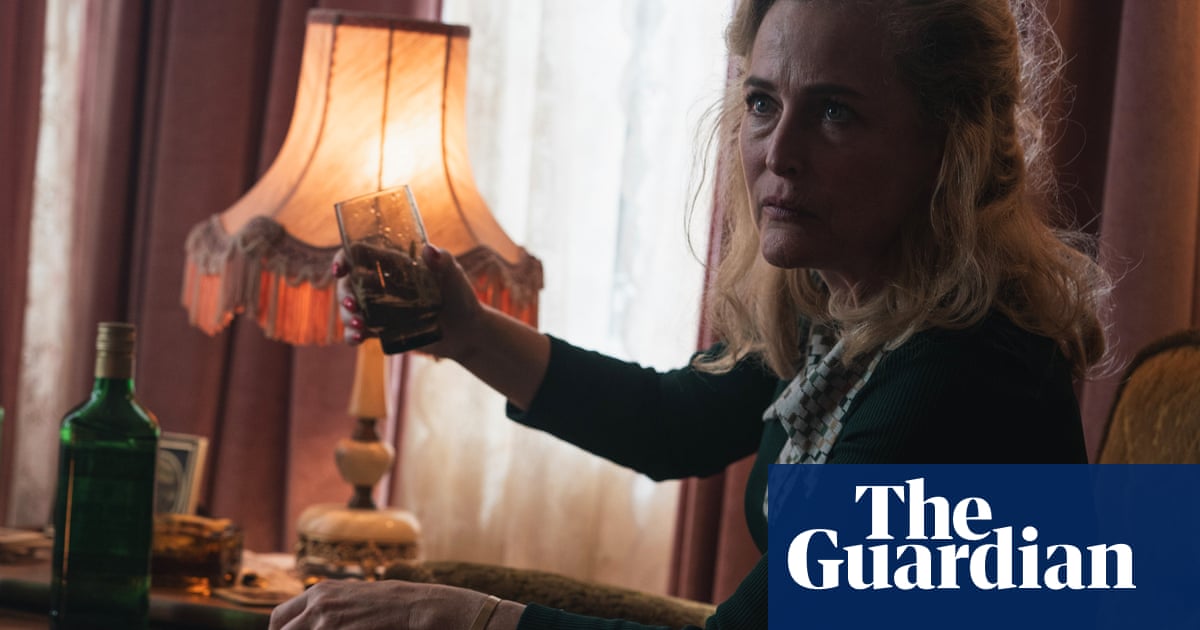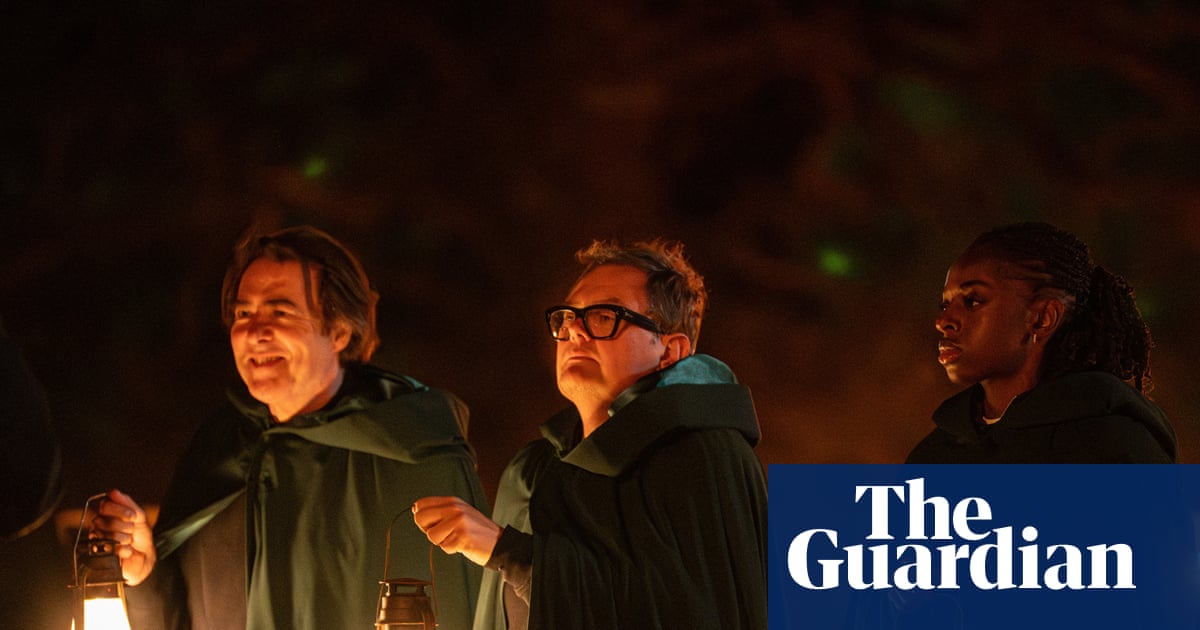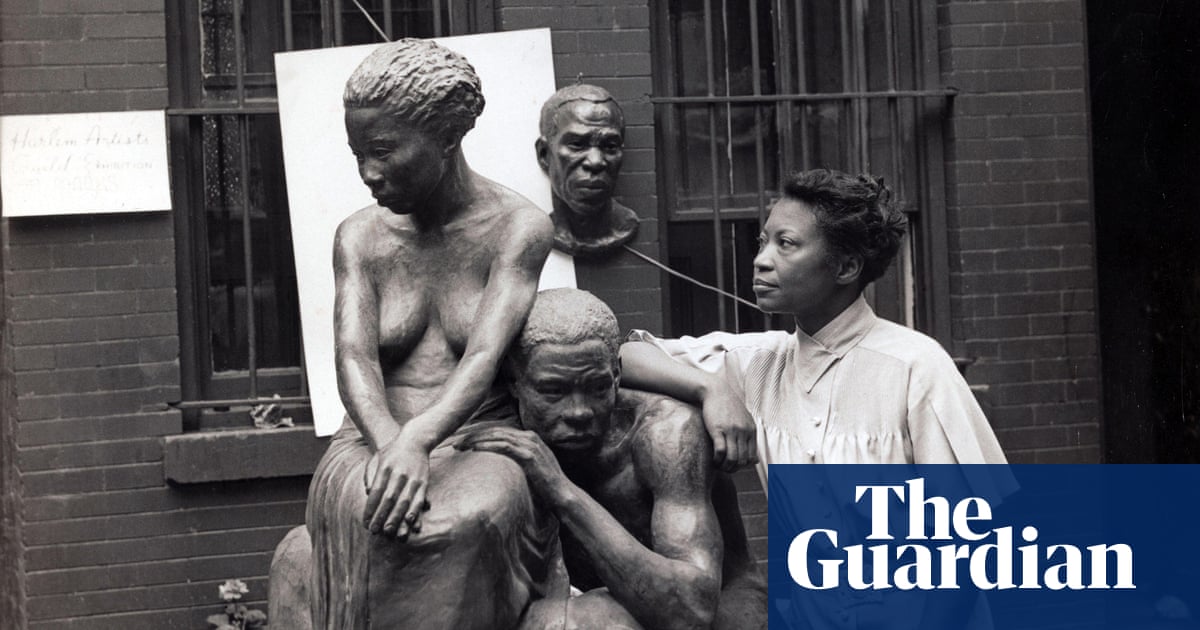Sunday’s announcement that there will be an inquiry into the shocking violence used against striking miners by police at Orgreave in 1984, and the subsequent fabrication of police evidence, is a vindication of the long campaign fought by trade unionists and activists. That “there were no deaths” was one of the justifications given by Theresa May’s government for the decision not to order an inquiry in 2016. But the brutal treatment of miners picketing the South Yorkshire coking plant and the criminal case brought against them a year later for rioting have cast deep shadows. The inquiry, chaired by Pete Wilcox, the bishop of Sheffield, will aim to bring long-hidden truths about the policing of the strike into the light.
Placing these facts in the public domain matters to those affected, some of whom faced the prospect of lengthy prison sentences until police statements and evidence in court were discredited, with paragraphs shown to have been dictated by detectives. But the inquiry has wider significance. Policing by consent, by definition, rests on trust, not brute force. To be worthy of public confidence, forces must be willing to learn, and be held accountable for wrongdoing. The fact that the same police force, South Yorkshire, bore responsibility for the disastrous loss of life at Hillsborough stadium, five years after Orgreave, underscores that need. If the force and its chief constable, Peter Wright, had been properly challenged after the miners’ trial collapsed, might the catastrophe in Sheffield, or at least the alleged cover-up afterwards, have been avoided?
In a Guardian article in 2012, David Conn highlighted striking similarities between the two episodes, and linked the victim-blaming that followed the Hillsborough disaster with the portrayal of striking miners as a vicious “enemy within”. This inquiry is a victory for journalists and film-makers as well the campaign itself.
The inquiry’s format, modelled on the Hillsborough Independent Panel, marks a bold break with the most familiar one for government-ordered inquiries – which are usually headed by a judge. The Orgreave panel will have the power to summon witnesses. But it may opt to focus mainly on documentary evidence, mostly records held by police forces, rather than conducting lengthy oral sessions. Given how much time has already passed – the 40th anniversary of the collapsed trial is this month – the hope must be that work proceeds swiftly once the panel’s membership is agreed.
Inquiries are not perfect. They can take too long and cost participants a colossal effort. While they make recommendations, it is politicians who decide whether or not to take these up, and police and prosecutors who determine whether criminal charges follow. But when whole institutions are recognised to have gravely, systematically failed people – as happens tragically often – an inquiry provides a vital public forum for the first stage of redress: digging out the truth.
The miners of Orgreave have waited too long for this moment. It should not have taken decades for a home secretary to agree to a formal process, particularly given all that is known about Hillsborough, and given that the force settled a civil claim by paying 39 miners £425,000 in 1991. But belated scrutiny of the actions, culture and leadership of South Yorkshire police in the relevant period is infinitely preferable to none at all. The announcement is a win for all of civil society, as well as a determined group of campaigners.
-
Do you have an opinion on the issues raised in this article? If you would like to submit a response of up to 300 words by email to be considered for publication in our letters section, please click here.

 3 months ago
119
3 months ago
119




